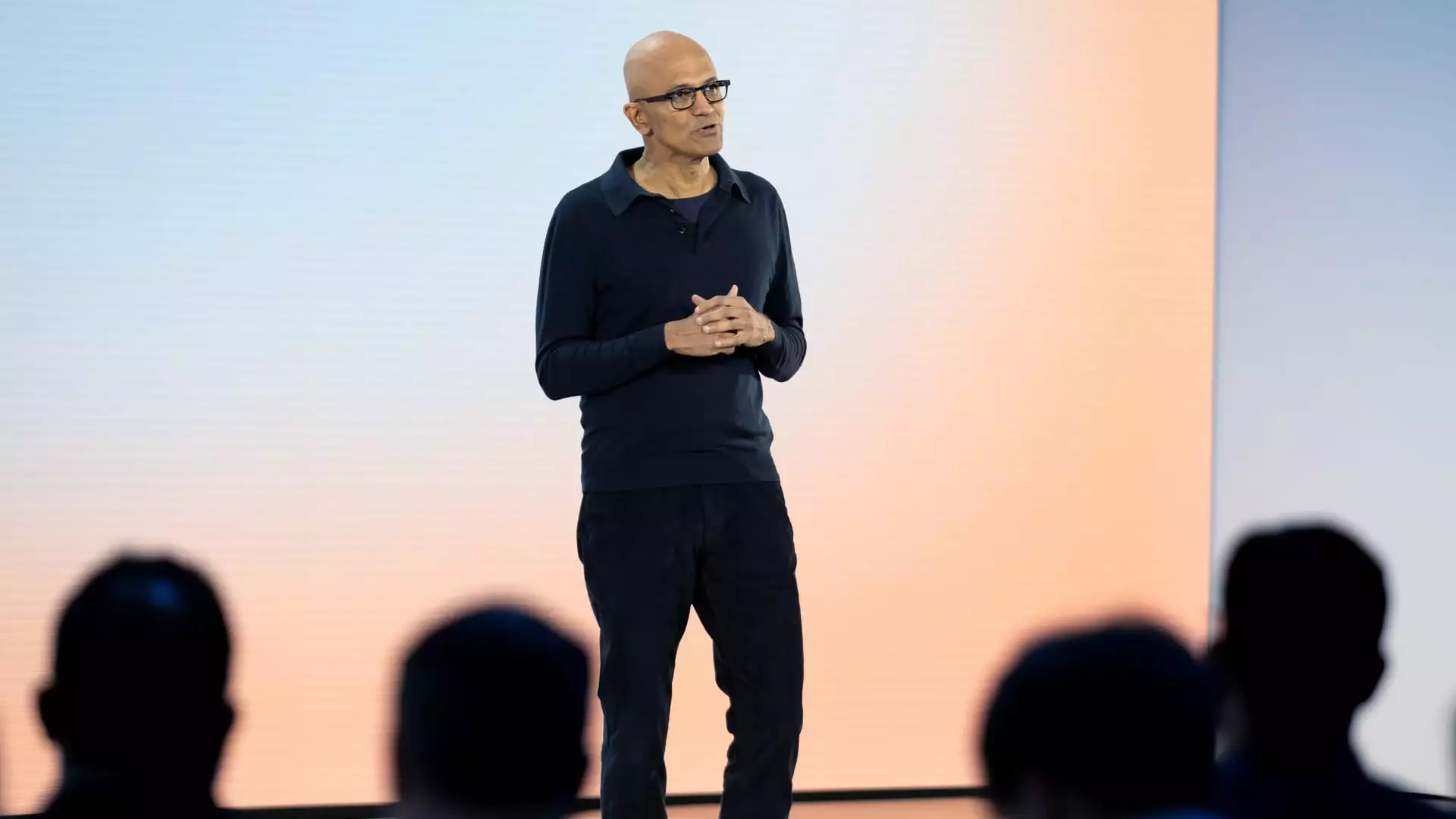Microsoft has made headlines once again with the announcement of CEO Satya Nadella’s substantial pay raise for the fiscal year 2024, which amounts to a staggering $79.1 million, a notable increase from the previous year’s $48.5 million. This increment of over $30 million underscores Microsoft’s recognition of Nadella’s leadership in a highly competitive and evolving industry. However, a significant portion of this potential compensation was curtailed due to ongoing cybersecurity threats that have targeted the company, reflecting a strategic shift in the tech giant’s management practices.
In an intriguing move, Nadella proactively requested a reduction in the cash incentive component of his pay to account for the security breaches affecting the organization. Originally, he was slated to receive a cash incentive of approximately $10.66 million. Yet, in light of recent cybersecurity incidents—including unauthorized access by foreign intelligence to executive email accounts—he asked the board to alter the standard performance metrics that would traditionally dictate his bonus. This decision highlights a rare instance of top leadership accountability in the face of critical systemic vulnerabilities.
The impetus behind Nadella’s request can be traced to the alarming findings documented in a report from the U.S. Department of Homeland Security. Following an independent analysis of breaches involving Chinese hackers, it became abundantly clear that underwhelming security measures needed immediate attention. Nadella echoed these sentiments in a memo to Microsoft employees, asserting security as the company’s foremost priority. This redirection signifies a broader corporate philosophy shift, reinforcing that cybersecurity is not just a technical issue but a foundational component of overall business strategy.
Transactional Accountability and Future Implications
Despite the impressive revenue generated by Microsoft’s security segment—exceeding $20 billion in 2022—the company is evidently aware that revenue alone does not equate to security confidence among clients. The board’s decision to scale back Nadella’s cash incentives in light of his leadership in security matters introduces a new paradigm of accountability within the corporate hierarchy. It underscores a commitment to integrating security into the company’s core DNA, thus instilling a culture of vigilance throughout the organization.
Satya Nadella’s compensation narrative serves as a case study for contemporary corporate governance that prioritizes accountability and security. His decision to lower his potential earnings demonstrates an increasing recognition of the intertwined nature of executive performance and operational integrity. As organizations across industries confront the escalating threat landscape, Microsoft’s response under Nadella’s stewardship could very well set a precedent for how corporate leaders navigate the delicate balance between profitability and public trust in the digital age. This shift represents an essential evolution in leadership that acknowledges the crucial role of proactive cybersecurity measures in securing both company assets and its reputation.


Leave a Reply